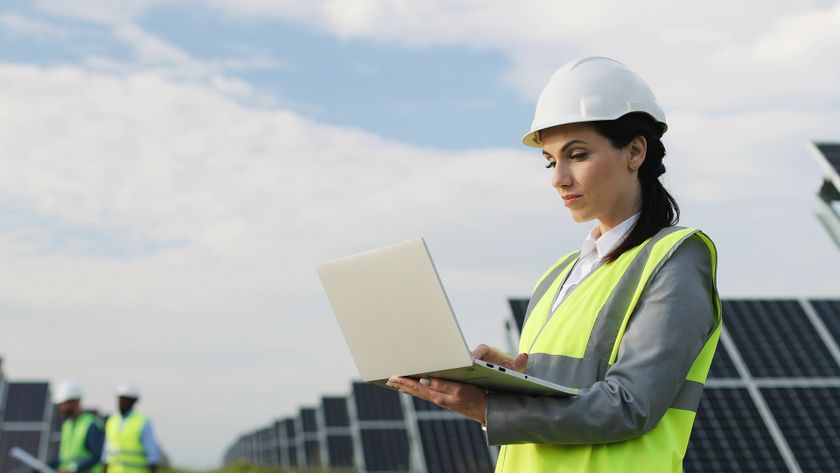The truth about the 50p per month broadband tax
The new charge is not about providing broadband for all
Funds from the Landline Duty, on the other hand, are earmarked specifically for the Next Generation Final Third project. It will raise over £1billion over the next seven years to ensure speeds "considerably higher speed than available currently" are available to 90% of the population by 2017.
Though the current consulation documents talk about "synergies" between the two undertakings, the stated aim of the Final Third project would still leave almost as many people on, as far as anyone knows that far into the future, what will be a sub-standard connection as there are today.
The current proposals favour an "inside-out" methodology - which means funding the upgrade of exchanges that are most likely to benefit commercially from faster than 8Mbps speeds today. Andrew Heaney, Director of Strategy and Regulation at TalkTalk //www.talktalk.co.uk//, believes that the subsidy is premature because the market hasn't had chance to work in these areas today.
"The Unversal Service Commitment is focussed on areas where the market hasn't delivered," Heaney says. "The cost per household is around £100 and the benefit is to take households from half a meg to two or more. That's good value for money. This new proposal is for a far bigger sum of money being spent on something that was going to be done anyway, and is going to take speeds from the average of 3-4Mbps to, say, 40Mbps. Is there really public value in doing that?"
To early to intervene?
The government's own documents would seem to support this, noting that it's taken just over a year for Virgin to reach 50% of the population with 50Mbps broadband, and BT will only take two years to extend its next generation access to 40% of households.
Even if, as Ofcom suggests, the market will top out at between 60-70 percent coverage, there's little evidence to show demand for faster than ADSL2+ access yet: in famously well connected Denmark the number of 50Mbps+ subscribers actually fell by 50% last year, because there are no services which demand that kind of access in the home yet.
Get daily insight, inspiration and deals in your inbox
Sign up for breaking news, reviews, opinion, top tech deals, and more.
A spokesperson for BIS highlighted three areas - Telemedicine, cloud computing and teleworking - which will be enabled by superfast broadband.
"Telemedicine provides real-time interaction between doctor and patient so consultation and even examinations can be undertaken online," they said. "This brings huge benefits particularly for the elderly and those who live in rural communities."
Appointments by webcam
North Bristol NHS Trust, however, is already doing exactly this by shipping out webcams to people in Cornwall in order to reduce the amount of commuting for appointments oncology and long term patients have to endure.
The online consultations work well over ordinary broadband, although speeds of 10Mbps or more are needed for high definition conferences and information sharing between satellite surgeries and the new superhospital in Bristol.
BT told us that 24Mbps via ADSL2+ "Is more than adequate to support today's bandwidth hungry applications".
"Does superfast broadband transform teleworking from being not possible to possible?" asks TalkTalk's Heaney. "No. How about education? These aren't high definition streaming services that are being introduced, they work perfectly well over 1-2Mbps."
Fifty pence a month, or six pounds a year, may not sound like a lot of money, but even Rob Beadle can see problems for those on low incomes.
"I think to myself - there's my mother in her old age, never going to have broadband and she can't really afford another 50p on her telephone bill, why should she pay for everyone else?"
Andrew Heaney claims the tax is "regressive" and take-up of newly available superfast services will likely be by those who could afford alternatives.
"Who are going to be the people that take up superfast broadband services in rural areas?" he says, "Politicians with second homes and relatively rich people in those areas. It's worse than regressive. It's robbing the poor to pay the rich. It's appalling."
- 1
- 2
Current page: What the tax will be used for
Prev Page Those who won't benefit from the broadband tax












